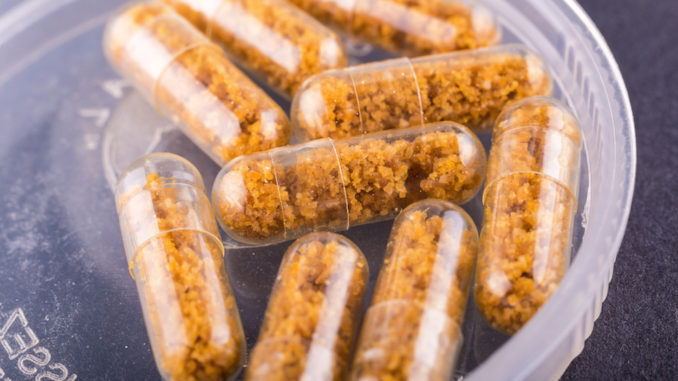
Several doctors spoke before the FDA in Washington D.C. on November 4, advocating for C.diff treatment improvements. Among those in attendance were gastroenterologists Paul Feuerstadt (Yale), Colleen Kelly (Brown), Sahil Khanna (Mayo Clinic), Jessica Allegretti (Harvard), Zain Kassam (Finch), and Sabine Hazan (Progenabiome). They continue to collaborate in hopes of finding answers.
Challenging C.diff Beliefs
Clostridioides difficile infection (CDI) burdens millions worldwide, causing symptoms from diarrhea to life-threatening colon inflammation. With recurrence rising despite existing treatments, CDI kills 41 individuals daily in the US alone.
“What if we were wrong about C.diff?,” questions Progenabiome CEO Dr. Sabine Hazan. “What if the bug killing thousands every year doesn’t spread in hospitals but develops by what we put in our body?”
After her lab found non-toxigenic C.diff in 100% of 121 random asymptomatic patients, Hazan wonders if hand-to-mouth transmission of bacteria actually causes CDI. She argues for further clinical investigation.
FDA Hearing on Use of FMT to treat CDI
Providers, scientists, industry, and patients provided testimony at the FDA hearing:
- Openbiome says enforcement discretion serves patients; shows 79% FMT success rate with their product
- Rebiotix expresses concerns of costs of clinical trials, delayed drug development and decreased study enrollment as a result of stool banks
- Amanda Kabage (Univ. of Minnesota) says FMT saves tens-of-thousands, many excluded from clinical trials
Diane Hoffmann, JD (Univ. of Maryland) says costs will limit access if enforcement discretion discontinues with FDA drug approval - Paul Feuerstadt, MD says limited access can be dangerous, as individuals have tried to perform FMT on themselves
While some speakers argue for increased studies to show definitive efficacy, several doctors show existing data to support FMT.
- Colleen Kelly, MD shares post-FMT data:
75% (263 respondents) “sustained cure” in 3-year multi-center follow-up study
95% (152 “initially cured” patients) remained cured 6 months post-FMT - Sahil Khanna, MD shares recurrence rates:
8-16% rCDI post-FMT vs. 50-60% rCDI after antibiotic treatment - Paul Feuerstadt, MD looks forward to data from active phase 3 trials; high-quality data-supported therapies are essential
- Byron Vaughn, MD no longer questions FMT effectiveness
- Sabine Hazan, MD emphasizes patient rights above all; with provider guidance and informed consent, patients should have a choice
Doctors Working Together for Progress
Abovementioned Drs. Feuerstadt, Kelly, Khanna, Allegretti, Kassam, and Hazan, will join others including Thomas Borody (CDD), Neil Stollman (UCSF), as well as NIST and NIH representatives to continue the conversation about C.diff, FMT, and other microbiome topics at the Malibu Microbiome Meeting on March 28-29, 2020.
Additionally, Progenabiome hopes to unite doctors worldwide for a global microbiome clinical study in hopes of finding more answers about the role of the gut flora in C.diff and other diseases.

